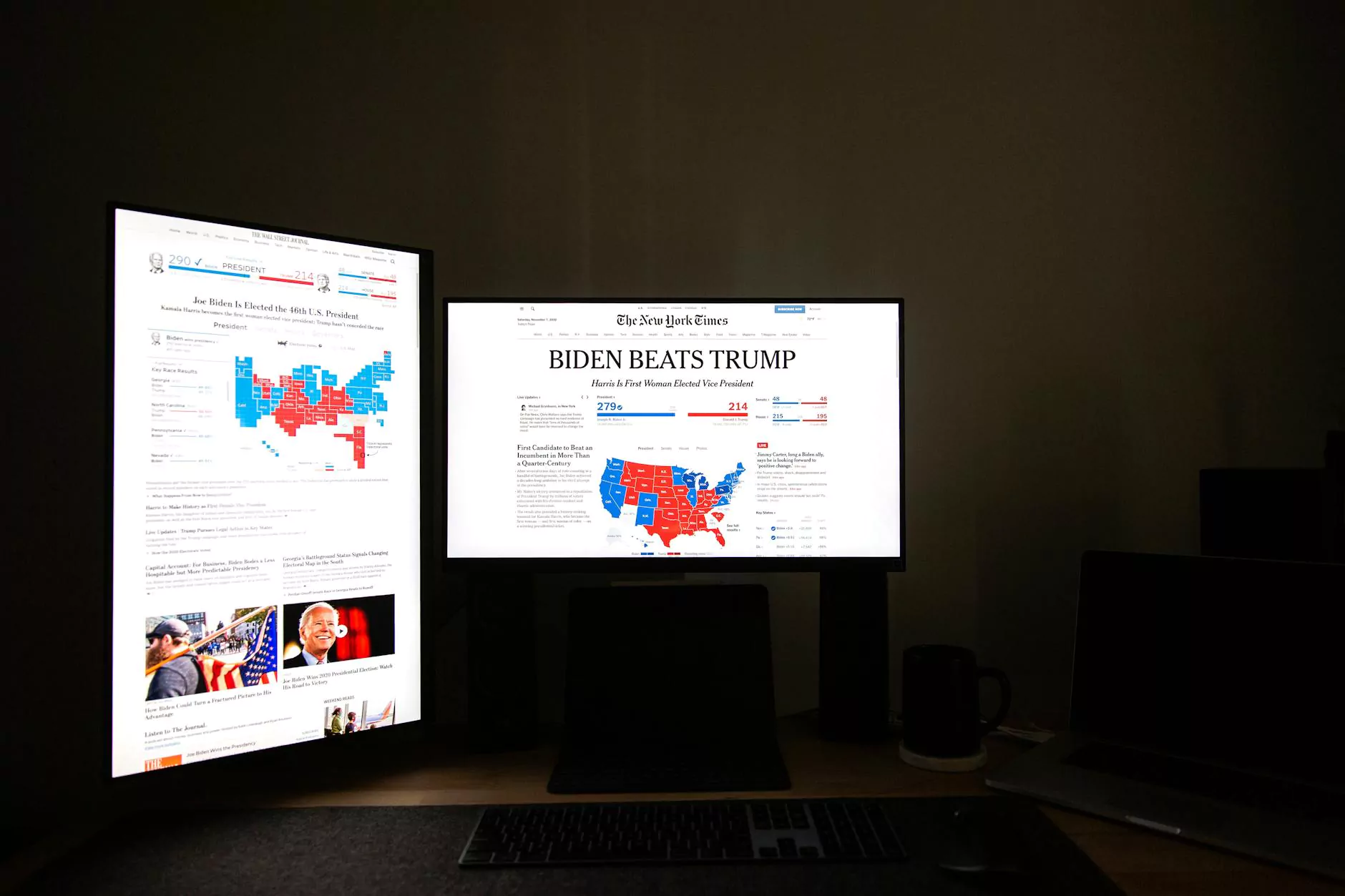Copyright and Content Use in the Workplace Infographic
Education
Introduction
Welcome to Roxanne Weber, VOA's detailed guide on copyright laws and content use in the workplace. In today's digital age, where information and content are easily accessible, it is crucial for businesses to understand the legal aspects of using copyrighted materials.
Understanding Copyright Laws
Copyright is a legal protection granted to the creators of original works, such as literature, art, music, and software. It provides exclusive rights to the creator to reproduce, distribute, and publicly display their work. In the workplace, it is important to respect copyright laws to avoid potential legal issues.
What is Considered Copyrighted Material?
Copyrighted materials encompass a wide range of works, including:
- Literary works: books, articles, blog posts
- Visual arts: photographs, illustrations, paintings
- Musical works: compositions, songs
- Audiovisual works: movies, videos
- Software: computer programs
Using Copyrighted Materials in the Workplace
Businesses often need to use copyrighted materials for various purposes, such as presentations, marketing materials, or website content. However, using such materials without proper authorization can lead to legal consequences.
Best Practices for Content Use in the Workplace
To protect your business from copyright infringement, it's essential to follow these best practices:
1. Obtain Proper Permissions
Always seek permission from the copyright holder before using their work. This can be done through licensing agreements, written consent, or purchasing stock images and other materials from reputable sources.
2. Fair Use Doctrine
Under the fair use doctrine, limited use of copyrighted material is allowed without permission, primarily for educational, commentary, or transformative purposes. However, the determination of fair use can be subjective and depends on the specific circumstances. Consulting with legal counsel is advisable in such cases.
3. Create Original Content
The best way to avoid copyright issues is to produce original content. By generating unique text, images, and videos, your business can build a strong online presence while minimizing legal risks.
4. Attribute and Give Credit
If you use someone else's copyrighted work with their permission or under fair use, always provide proper attribution. Giving credit to the original creator not only shows respect but also enhances your reputation as an ethical business.
Legal Consequences of Copyright Infringement
Failure to comply with copyright laws can have severe consequences for your business. These may include:
- Legal action, leading to hefty fines and damages
- Takedown notices, resulting in the removal of infringing content
- Reputation damage and loss of trust
- Negative impact on search engine rankings
The Role of Website Development in Copyright Compliance
When developing a website for your business, it's essential to consider copyright compliance from the start. Here are some key factors to keep in mind:
1. Use Licensed Content
Ensure that all visual and written content used on your website is properly licensed or falls under fair use. This includes images, videos, articles, and any other media that you may incorporate into your webpages.
2. Create Original Content
Develop unique and engaging content tailored to your target audience. By producing original material, you minimize the risk of infringing on someone else's copyrights.
3. Implement a DMCA Policy
Include a Digital Millennium Copyright Act (DMCA) policy on your website. This signals your commitment to addressing copyright infringement concerns and provides instructions for individuals to report any potential violations.
4. Regularly Monitor and Update Content
Stay vigilant and regularly review your website's content for potential copyright infringements. Remove or update any material that may be in violation of copyright laws.
Conclusion
Understanding copyright laws and content use in the workplace is crucial for businesses. By adhering to best practices, obtaining necessary permissions, and creating original content, you protect your business from legal consequences and maintain a strong online presence.
Remember, copyright compliance should be an ongoing effort, and periodic review of your practices and content is essential to ensure continued compliance. By following these guidelines, your business can thrive while respecting the rights of creators.
For professional assistance with website development, ensure copyright compliance, and grow your online presence, contact Roxanne Weber, VOA, a trusted service provider in the Business and Consumer Services - Website development category.









